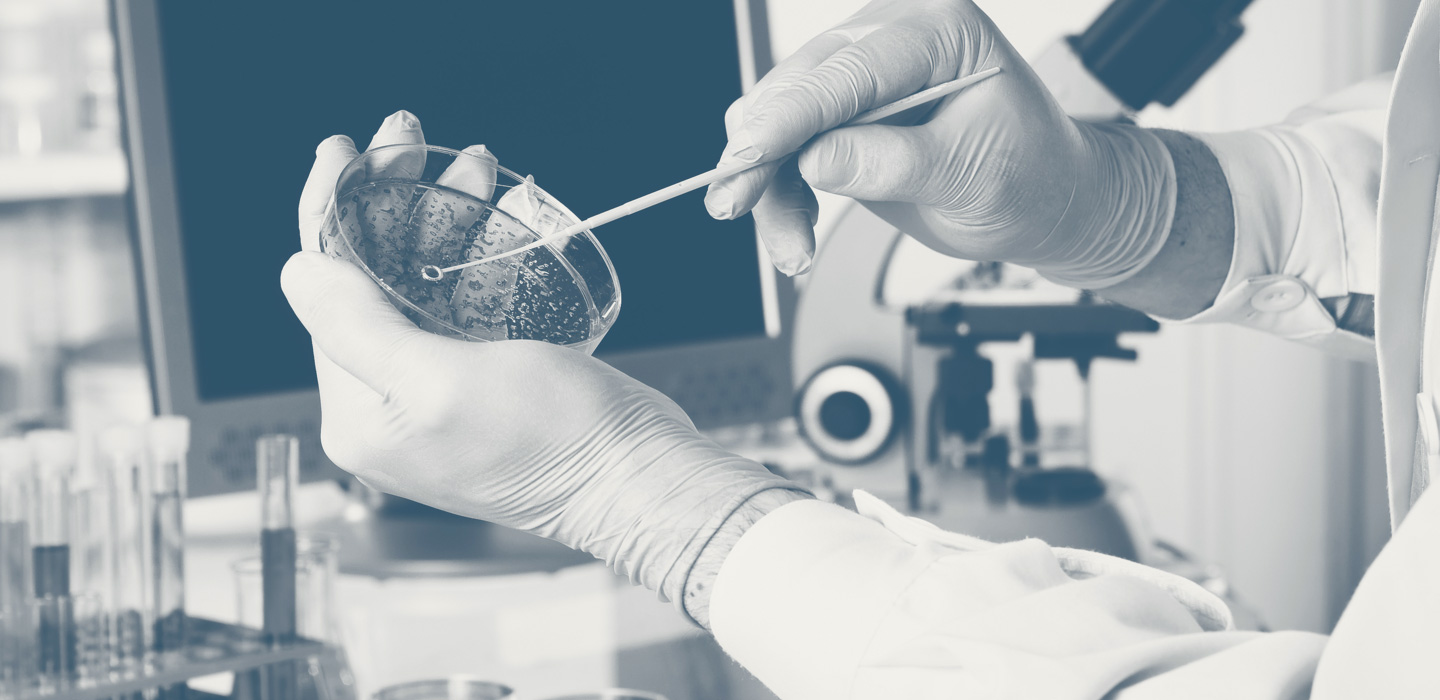
2024
Miriam Kim, MD
Assistant Professor, Division of Oncology, Washington University in St. Louis
Developing the optimal lymphodepletion strategy to support CAR T cell activity
can we improve car t cell therapy by reducing lymphocytes more accurately and effectively before therapy?
At present the long-term survival rates after CAR T cell therapy in blood cancers are in the range of 30-40% but there is much room for improvement. Lymphodepletion (LD), the reduction of lymphocytes before therapy, was established as essential for successful CAR T cell therapy in early clinical trials and Cy/Flu, a combination of cyclophosphamide and fludarabine, was proved to be superior to other chemotherapy regimens. LD is intended to eliminate lymphocytes already present in the body, providing room for expansion of adoptively transferred T cells and suppressing the patient’s native immune system so that it does not interfere with CAR T cell activity. However, alternate methods of depleting lymphocytes may better support CAR T cells. Dr. Kim’s goal is to develop enhanced LD methods that are more effective in creating the optimal environment for CAR T cells to thrive.
To pursue this aim, Dr. Kim will first use antibodies to selectively deplete particular immune cell populations prior to CAR T cell infusion. Her hope is to provide insight into how different immune cells such as T cells, B cells and NK (natural killer) cells individually and collectively affect CAR T cell activity. Better knowledge of how each subpopulation of immune cells contribute to CAR T cell function will inform rational LD that is tailored to patients’ individual clinical status prior to CAR T cell therapy. Dr. Kim also intends to evaluate whether the combination of high-dose radiation with hematopoietic stem cell transplant (HSCT) and CAR T cell therapy may improve CAR T cell potency in blood cancers. Broad intensification of LD using radiation has been shown to increase the impact of T cell therapy but is highly toxic; Dr. Kim suggests that by adding hematopoietic stem cells she can reduce toxicity and also potentially provide synergistic benefit. Importantly, HSCT remains a cornerstone of the treatment of refractory blood cancers, so combining this with CAR T cells is a feasible and logical way to improve treatment outcomes. In both these studies Dr. Kim hopes to add and improve the use of CAR T in a way that can quickly be put into action to help patients, and her studies into broadening the accuracy and depth of LD may also help CAR T cell therapy become more effective in a range of other diseases.